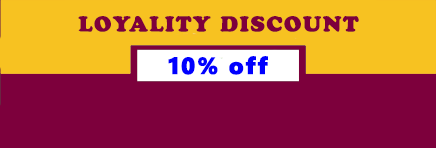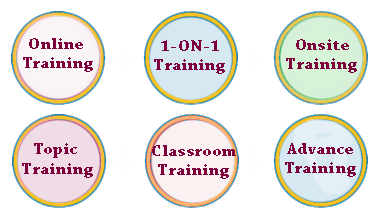
Internet of things (IoT)
The Internet of Things, or IoT, refers to the billions of physical devices around the world that are now connected to the internet, collecting and sharing data.
For consumers, the IoT has the potential to deliver solutions that dramatically improve energy efficiency, security, health, education and many other aspects of daily life. For enterprises, IoT can underpin solutions that improve decision-making and productivity in manufacturing, retail, agriculture and other sectors. By enabling devices to communicate with each other independently of human interaction, the Internet of Things will open up new revenue streams, facilitate new business models, drive efficiencies and improve the way existing services across many different sectors are delivered. It will represent a very important demand-side stimulus that helps finance the deployment of mobile broadband networks around the world. In total, the positive impact on the global economy could be as much as US$4.5 trillion per annum, according to a study by Machina Research.
In the area of IoT, Europe is addressing the competitiveness in the context of globalisation. The technological specialisations built up over decades are transforming rapidly. In the area of IoT the IERC is focusing on increasing the link of projects, companies, organizations, people and knowledge at European level as a way of making projects more innovative and competitive. This new approach is visible across a number of different policy fields implemented by the IoT Cluster.
As the Connected Life will have a fundamental impact on the way we live and work, there will also be major social and environmental benefits, such as improved healthcare, safer and more efficient transportation and logistics, better education and more efficient use of energy. With the ability to capture real-time usage information and provide remote control, embedded mobile connectivity can make a wide range of devices, machines and vehicles more efficient and effective, dramatically reducing waste and improving time productivity
Internet of Things (IoT) enables the things/objects in our environment to be active participants, i.e., they share information with other stakeholders or members of the network; wired/wireless, often using the same Internet Protocol (IP) that connects the Internet.









